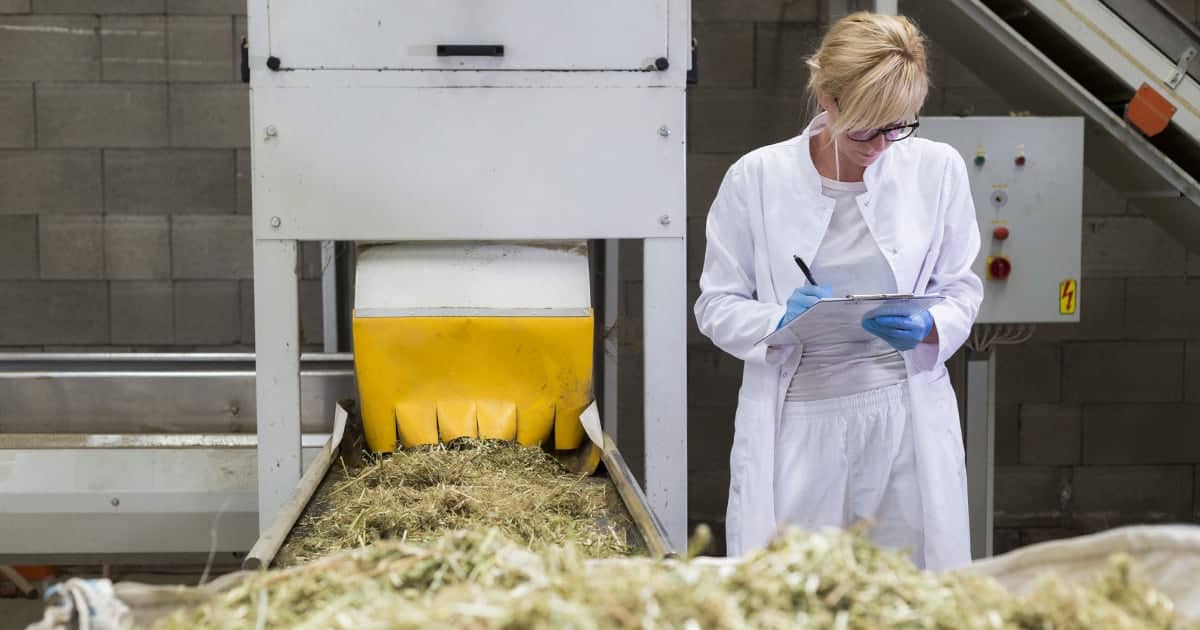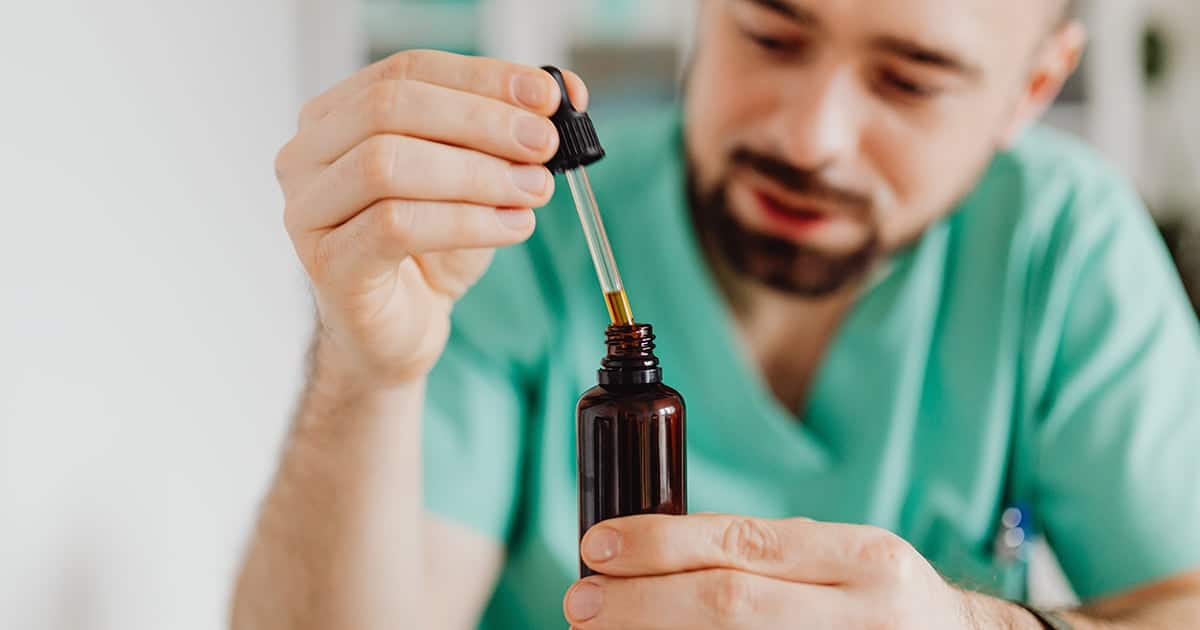About CBD
CBD (Cannabidiol) is a chemical substance that comes from the hemp plant and is one of the over 85 compounds found in the plants known as cannabinoids. The human body naturally produces its own cannabinoids, which are called endocannabinoids. These endocannabinoids help the body maintain equilibrium in a number of ways by tapping into receptors found throughout the brain and body.

Phytocannabinoids are plant-based compounds that mimic these natural endocannabinoids, connecting to the same receptors and complementing the system to restore balance. Currently, millions of people around the world use CBD for the relief of a variety of symptoms and to promote general wellbeing.

CBD is extracted from specific varieties of cannabis, and is the second most abundant compound in the plant, typically accounting for up to 25%.

It can be found in all varieties of cannabis, however, most of the legal CBD products you find on the market will be hemp extracts with no psychoactive effect.

The body creates its own cannabinoids, called endocannabinoids, to help support our central system, helping to keep our bodies balanced on a daily basis, including anxiety, appetite, pain sensation, mood, memory, immune system functions and inflammation control.

CBD acts as an initiator for these endocannabinoids, optimizing the receptors and aiding the functions of the body’s regulatory system.

Scientific research and consumer reports published in recent years suggest that CBD supplements help in a number of ways:
- Relief from anxiety and stress
- Improves focus

- Balancing biological stability
- Reduction of inflammation and pain relief
- Pain relief and post-workout soreness
- Regulates sleep by treating insomnia

Although not yet conclusive, there has been tremendous progress in research, and a clear understanding of how CBD interacts with our body and brain. Still, research and clinical trials continue as researchers seek to define concrete interactions and benefits. This is a selection of the most common reasons why people choose CBD as a treatment option:
-
Pain relief
Of the many reasons why people all over the world more and more often choose for CBD as an alternative or addition to regular medication pain relief from any kind of ailment is ranked as one of the highest. -
Improved sleep
Most people with sleep disorders report significant improvement after taking CBD, and with sleep medication being one of the best-selling drugs in the world, it’s no wonder it makes this list. -
Eating disorders
CBD appears to have a strong balancing effect on almost all physiological processes, which could explain the phenomenon that both those suffering from lack of and those suffering from excess appetite experience serious improvement.
-
Immunity/General health
As also clinical studies seem to indicate that CBD has a positive effect on our immune system and overall health. Many indicate feeling less susceptible to disease and fatigue.
-
Arthritis
CBD’s action in relieving joint pain has been the main reason behind the development of topical products with CBD. You can find many brands that are starting to offer lotions or muscle gels that include CBD. -
Epilepsiy
CBD first gained national attention in the US when the CNN documentary highlighted how hemp extract improved the condition of Charlotte, a child suffering from Dravet syndrome. Other evidence and research shows that CBD has strong implications for helping patients with epilepsy..
• Evidence strongly supports CBD as a therapeutic candidate for a wide range of human epilepsies
• CBD was an effective and relatively potent anticonvulsant in maximal electroshock and audiogenic seizure tests.
-
Chronic Pain
Preliminary results indicate that CBD may help reduce chronic pain, especially those related to the nervous system. The results indicate great potential in the therapeutic use of cannabidiol in cases of chronic pain. Systemic and intrathecal administration of cannabidiol (CBD) has been reported to significantly suppress chronic inflammatory and neuropathic pain without causing apparent tolerance to analgesics. -
Depression
Experiments have shown that small doses of CBD have an ‘active’ effect, meaning that it actually helps you stay focused and concentrated. Interestingly, large doses have the opposite effect: a sedative effect. Further research is trying to establish what the ideal dosage to take is for the anti-anxiety and anti-depressant effects to be effective. However, something one can experiment with is finding the dosage that suits them best.
-
Diabetes
The results of CBD testing on diabetes are at a very early stage. However, early findings have shown that cannabinoids (THC and CBD) may have positive effects in reducing diabetes-related cell damage. • We report that CBD treatment significantly reduces the incidence of diabetes in NOD mice from an incidence of 86% in untreated controle mice to an incidence of 30% in CBD-treated mice. Similar results have been observed in humans. -
Drug addiction, alcoholism and smoking
One of the most promising applications is the use of CBD to curb cigarette smoking habits. Early clinical trials have shown that CBD can reduce nicotine addiction.
• Cannabidiol (CBD), is thought to modulate several neuronal circuits involved in drug dependence. A limited number of preclinical studies also suggest that CBD may have therapeutic properties towards opioid, cocaine and stimulant dependence • CBD may be effective in treating cannabis withdrawal syndrome. • The role of the endocannabinoid system in addiction is being increasingly recognized.